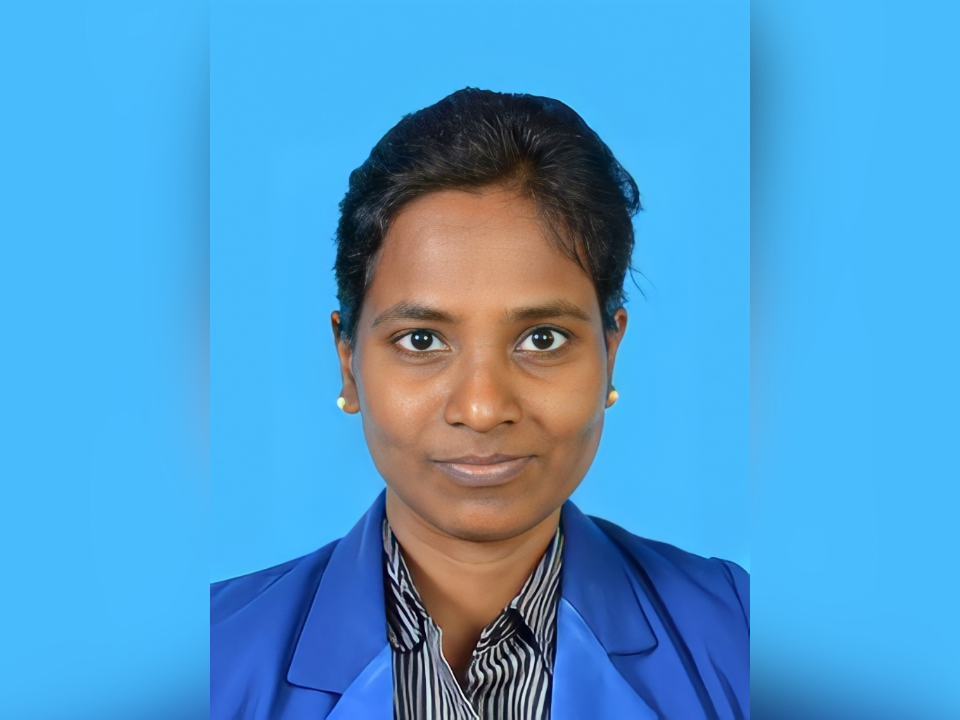
Miscarriage is a heartbreaking experience that many women endure but often suffer in silence. In Malaysia, it affects around 15.9% of women of reproductive age (15-49 years old). Despite being a common occurrence, miscarriage remains a misunderstood and emotional topic, leaving women and their families with unanswered questions and lingering pain.
Whether it happens early or later in pregnancy, the loss can be traumatic physically, emotionally, and mentally. Yet, with proper awareness, medical care, and emotional support, recovery is possible. Understanding the facts behind miscarriage is the first step toward healing and hope for future pregnancies.
What Really Causes Miscarriage?

Miscarriage is defined as the spontaneous loss of a pregnancy before 20-28 weeks, with most occurring in the first 12 weeks. In fact, 75% to 80% of miscarriages happen during the first trimester. While statistics show that 1 in 4 to 5 pregnancies end in miscarriage, early losses often go unreported.
Several risk factors can contribute to miscarriage:
- Maternal age: Women over 40 face a higher risk (23.1%) compared to those under 35 (6.4%).
- Medical conditions: These include diabetes, thyroid disorders, PCOS, and blood clotting problems.
- Lifestyle factors: Smoking, drug or alcohol abuse, and obesity can also increase risk.
- Recurrent miscarriage: 1 in 100 women experience repeated miscarriages, often with no clear cause. Still, specialist care can improve success rates to 75% in future pregnancies.
Importantly, normal activities like exercise or sex during sex during pregnancy do not cause miscarriage, debunking common myths that fuel guilt and shame.
Recognizing the Signs and Seeking Proper Care

Understanding miscarriage symptoms can help women respond quickly and seek timely medical support. The main signs include:
- Vaginal bleeding (from spotting to heavy flow)
- Cramping or abdominal pain
- Tissue or clot-like discharge
Even light spotting during pregnancy should prompt a visit to the doctor. Diagnosis typically involves a clinical history review, physical exam, and ultrasound to confirm the pregnancy status.
Types of Miscarriage and Their Treatment:
- Complete miscarriage: All tissue has passed naturally, and no treatment is usually needed.
- Incomplete miscarriage: Some tissue remains, requiring further management.
- Missed miscarriage: The fetus has stopped developing, but no symptoms occur.
- Septic miscarriage: an infection is present, usually with fever and smelly discharge.
Treatment options vary depending on the type:
- Expectant management allows the body to expel the tissue naturally.
- Medical management involves medication to help remove retained tissue.
- Surgical treatment is necessary for more severe or infected cases, especially septic miscarriage.
Doctors often ask to collect expelled tissue in a clean container for diagnosis, helping identify underlying causes and plan for the future.
Supporting Recovery, Physically and Emotionally

The impact of miscarriage extends beyond physical symptoms like bleeding, cramping, or infection. Women may feel a mix of shock, guilt, sadness, or anger, and in some cases, experience depression, PTSD, or even suicidal thoughts.
Recovery isn’t just about the body, it’s about the heart and mind. Here’s how women and families can navigate the healing process:
- Schedule follow-up care within 2 weeks to monitor recovery.
- Menstruation usually resumes in 4-6 weeks, and ovulation as early as 2 weeks post-loss.
- Wait until normal periods return before trying again for pregnancy.
- Seek emotional support through counselling or support groups.
- Partners, friends, and family play a crucial role in providing comfort and reassurance.
- Employers should offer compassionate leave and flexibility to aid recovery.
Miscarriage can leave lasting emotional scars, but women should never feel alone or ashamed. Encouraging open conversations helps break the silence and foster compassion and healing.
Moving Forward with Strength and Support

Dr Anitha Ponnupillai is an Associate Professor in Obstetrics and Gynaecology at the School of Medicine, Faculty of Health and Medical Sciences, Taylor’s University,
Miscarriage is more common than many realize, yet its emotional toll is often overlooked. Empowering women with knowledge, accessible healthcare, and emotional support is essential to recovery. With compassion and understanding, women can move forward with confidence and resilience.
This awareness also supports UN Sustainable Development Goal 3 ensuring good health and well-being for all. Let’s work together to provide the care, empathy, and education needed to support women during one of the most challenging moments of their lives.










